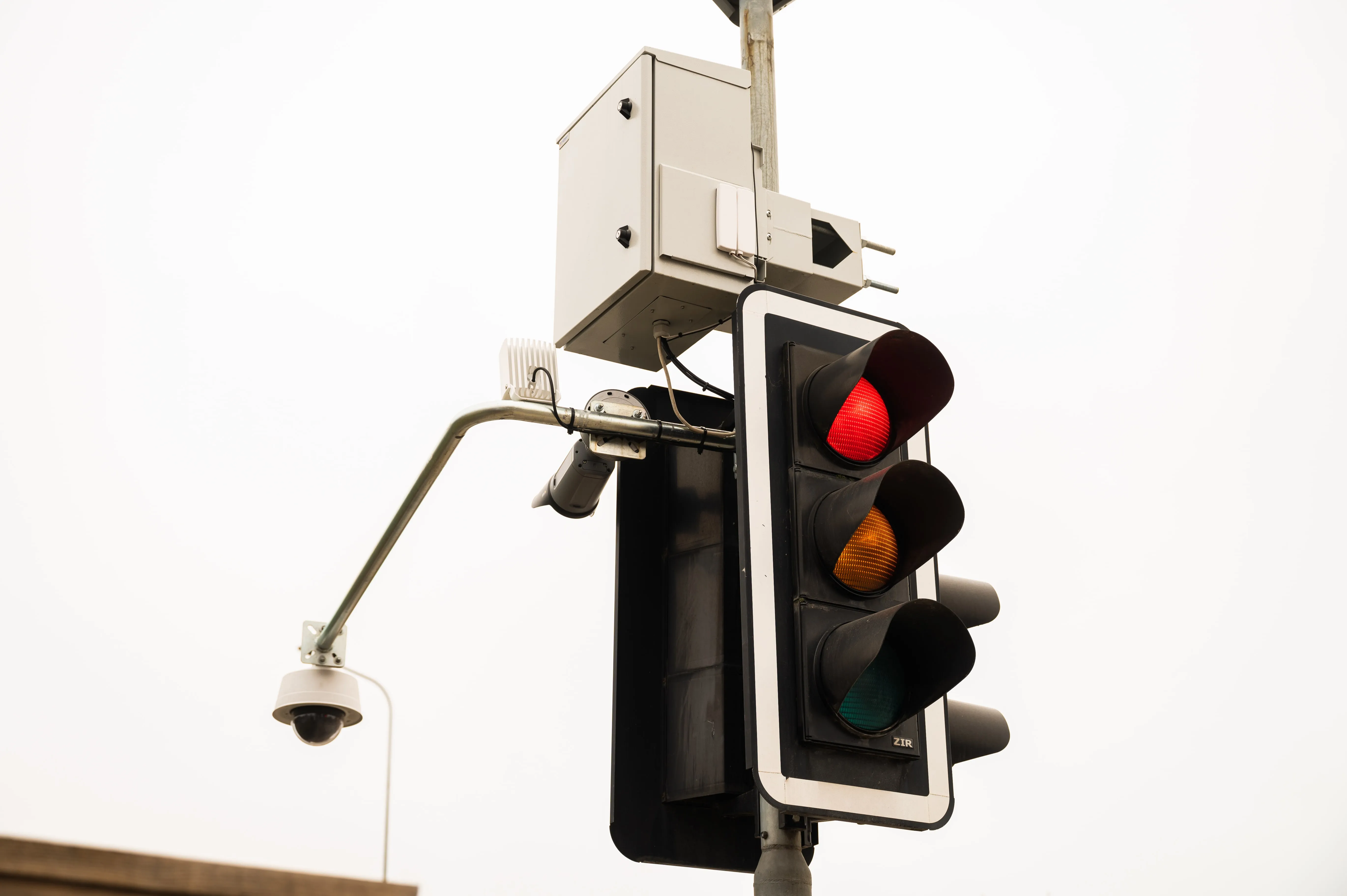
Latvian 5G solutions specialist LMT says its red-light enforcement system has led to a 40% reduction in traffic violations at an intersection in the city of Liepāja.
It was installed in March, and the firm says: "The number of violations at this junction with previously high traffic accident rates has decreased by around 40% in April and May compared to February and March."
The system can identify offences including: driving in public transport lanes, stopping at intersections, illegal turns, driving the wrong way in a one-way lane and driving without a valid roadworthiness certificate.
The system is the first of its kind to have been officially integrated into the Road Traffic Safety Directorate (CSDD) and municipal police ticketing system in Latvia, which means traffic tickets can be issued to wrongdoers.
LMT says it is fully 4G/LTE-compatible and can be installed in any intersection with mobile network coverage and access to electricity, while also complying with GDPR regulators.
"The particular intersection has long been a traffic hotspot in Liepāja with at least one severe traffic accident per year due to violating the red traffic light signal," says Gunārs Ansiņš, chairman of the Liepaja City Council.
"Data shows that LMT's system has significantly improved the traffic culture here, and we're certain that the red light enforcement system will remain active in our city."
LMT says it can make any existing intersection smart "without the need for costly and time-consuming construction".
"The red light enforcement system holds immense potential to improve traffic safety, and LMT hopes that more municipalities will consider its benefits and implement the smart system," says Juris Binde, president of LMT.
CSDD data in Latvia suggests that a "considerable amount of accidents with injuries or casualties are caused by violating traffic rules in regulated intersections, including red light violations".
"LMT's solution can deliver the needed shift in traffic safety," Binde concludes.








